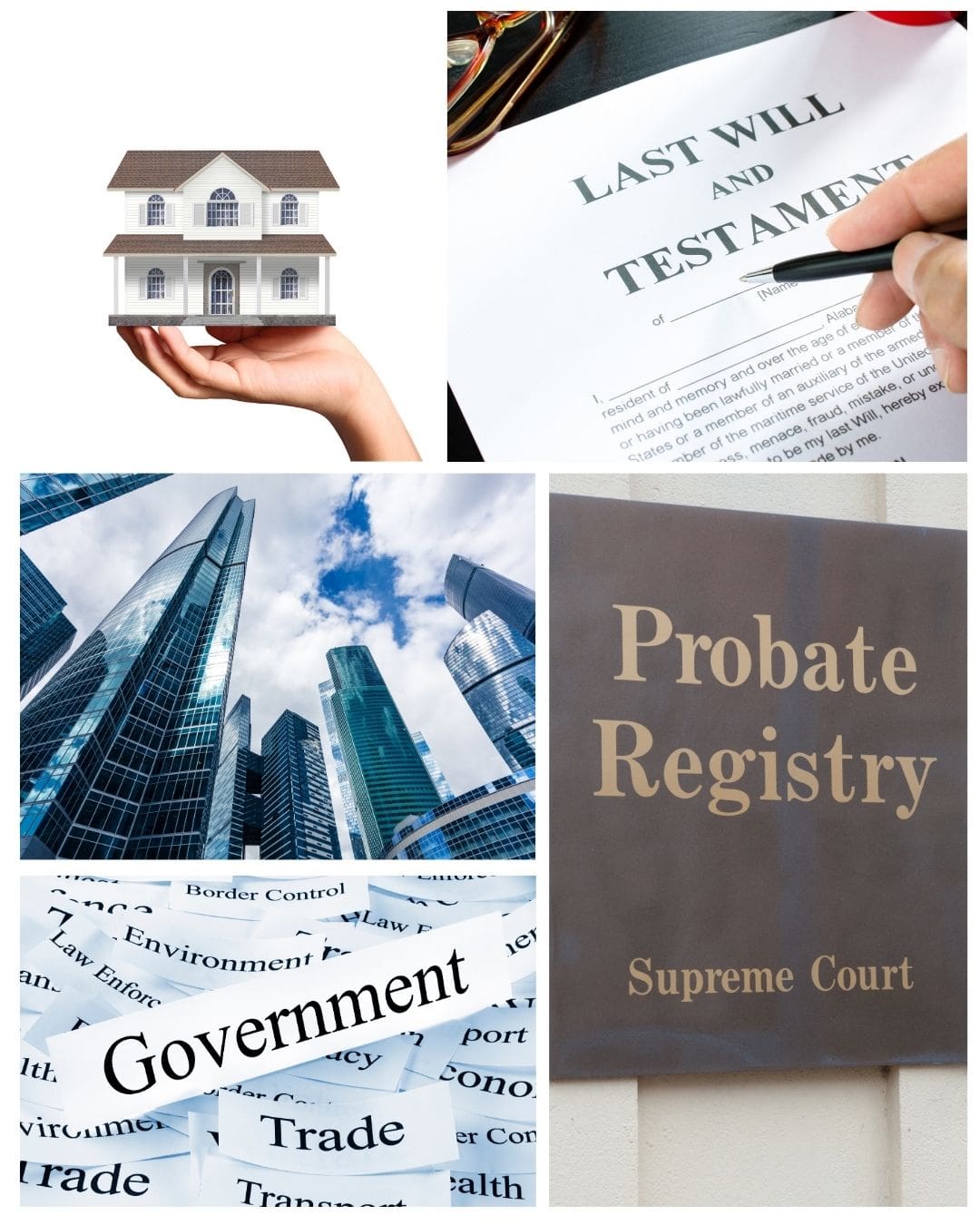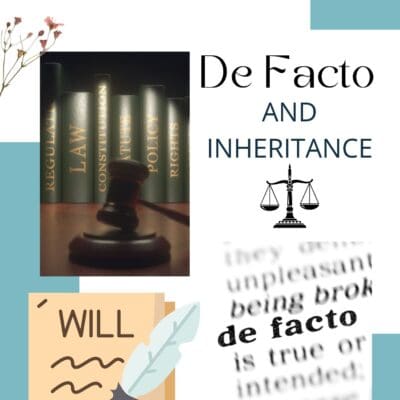When the Crown Inherits: How “Ownerless” Property Finds Its Way to the Government
Most of us assume our property will end up with family, friends or charities when we die. But what happens when there’s no one left to claim it—or even confirm you’ve passed away?
This is where centuries-old legal rules come into play, weaving together common law, ancient Roman principles and modern Court procedures.
The Mystery of the Missing
The simplest way to prove someone has died is with a death certificate. But what if the person has vanished? Under the common law presumption of death rule, if someone has been missing for seven years and there’s evidence they may have died (for example, their doctor confirms they had a serious illness and they may have taken their own life) but their body has never been found, the Court can declare them dead. This allows their Will to be processed, or their estate to be distributed if they had no Will.
But the challenges don’t stop there. Sometimes, the missing person isn’t the deceased – it’s a beneficiary. If a beneficiary can’t be found, Courts can make a Benjamin Order, allowing the estate to be divided as if the missing person had died. This protects Executors from legal trouble if the person later reappears.
Bona Vacantia – When Property Has No Owner
If there’s no beneficiary or no valid Will, the doctrine of bona vacantia – Latin for “ownerless goods”- kicks in. In NSW, such property usually passes to the State Government.
A real-life example? In a 2010 case, a 93 year old woman with severe dementia made a Will leaving everything to her two younger sisters who had both died before her. She never married and did not have children. She had no parents, siblings, aunts or uncles who were living. With no other living relatives, her $1 million plus estate was set to pass to the Crown. Her brother-in-law successfully applied for a Statutory Will, convincing the Court that she would have left the majority of her estate to him if she’d been able to. The Court agreed, avoiding the Crown windfall.
It’s Not Just People – Companies Can “Die” Too
Bona vacantia also applies to companies. When a company is deregistered, any property it still owns passes to the government. This is why all company assets must be dealt with before deregistration.
The Takeaway
Unclaimed property doesn’t just vanish—it often ends up with the State. To make sure your assets go where you intend, review your Will regularly, consider backup beneficiaries and seek legal advice before major life changes.
Our firm has decades of experience in estate law and can guide you through these complex situations, whether you’re making a Will, applying for probate or navigating an unusual case of missing persons or beneficiaries.




